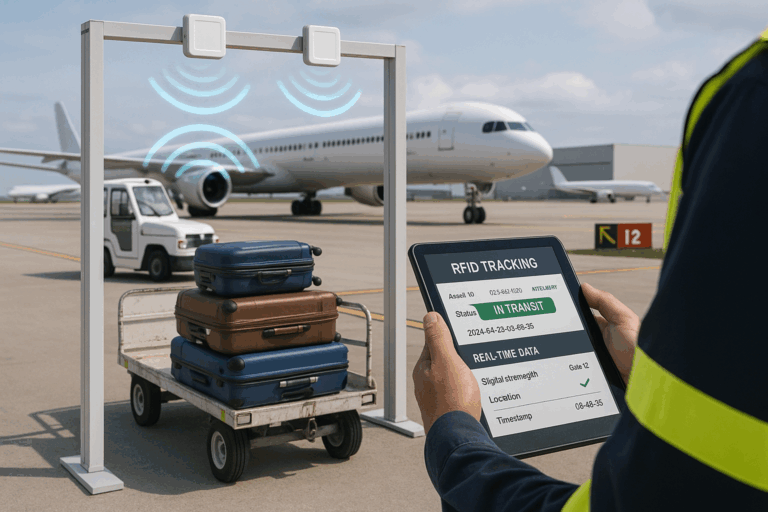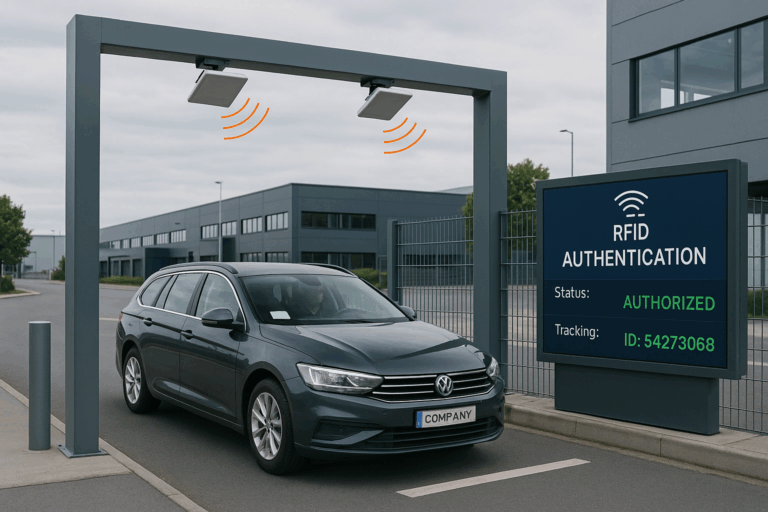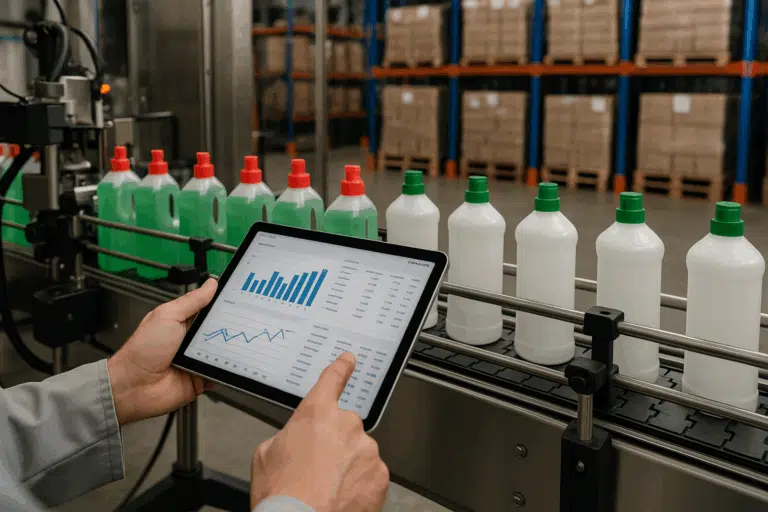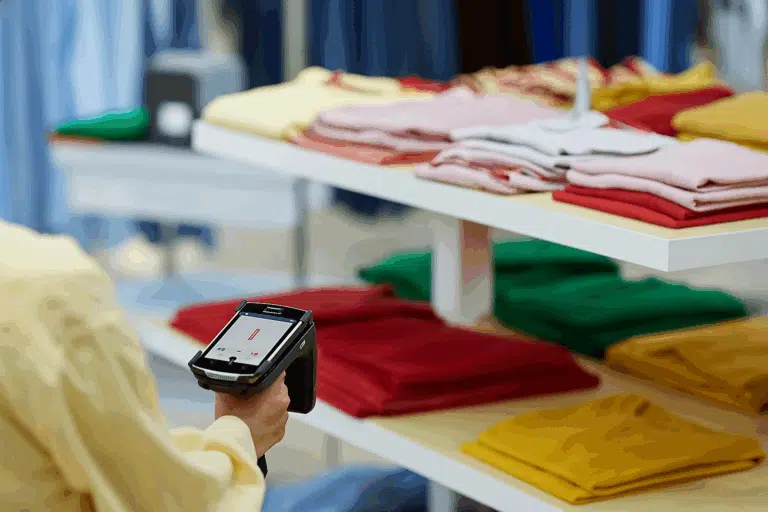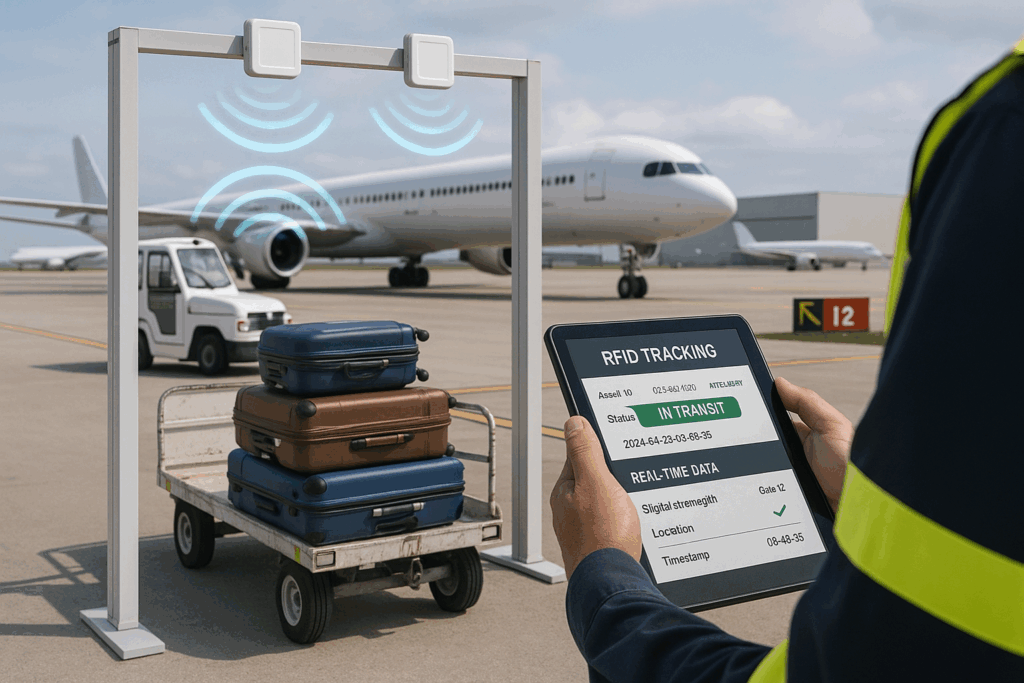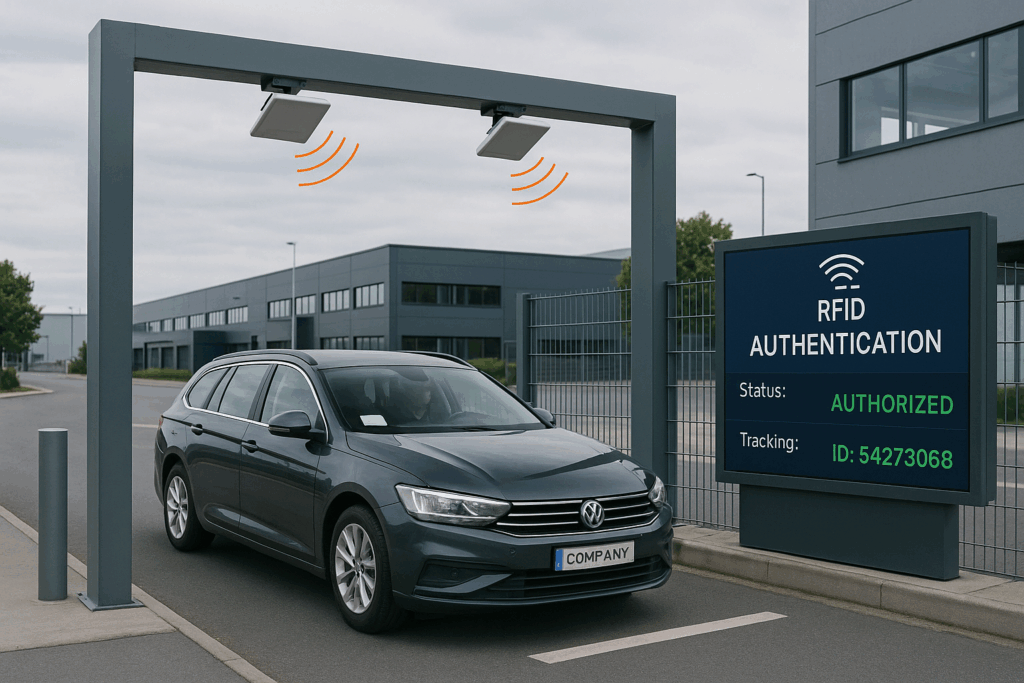Radio Frequency Identification (RFID) technology is a powerful tool for asset tracking and inventory management, and its potential applications in healthcare settings are vast. One area where RFID has been gaining traction in recent years is in hospitals, where it can be used to improve efficiency, reduce costs, and enhance patient safety. In this article, we will explore how RFID asset tracking works in hospitals and the benefits it provides.
Table of Contents
ToggleIntroduction to RFID Asset Tracking in Hospitals
- Definition of RFID asset tracking
- How RFID technology works
- Brief overview of the use of RFID in hospitals
RFID asset tracking is a system that uses radio waves to identify and track items, such as medical equipment, supplies, and devices, in real-time. Each item is affixed with an RFID tag that contains a unique identification number, and this tag is scanned by RFID readers located throughout the hospital to track the location, status, and usage of the item.
Benefits of RFID Asset Tracking in Hospitals
- Improved inventory management
- Enhanced patient safety
- Increased efficiency and cost savings
- Better regulatory compliance
RFID asset tracking in hospitals offers numerous benefits, including improved inventory management and enhanced patient safety. By tracking the location and usage of medical equipment and supplies in real-time, hospitals can reduce the risk of lost or misplaced items, minimize equipment downtime, and optimize inventory levels. RFID also improves patient safety by ensuring that the right equipment is available when needed and reducing the risk of medical errors.
Implementing RFID Asset Tracking in Hospitals
- Steps to implementing RFID asset tracking in hospitals
- Common challenges and solutions
- Best practices for successful implementation
Implementing RFID asset tracking in hospitals requires careful planning and execution. The process typically involves selecting a suitable RFID solution provider, assessing the hospital’s needs and requirements, developing a project plan, and deploying the system. Common challenges in implementing RFID in hospitals include technical issues, lack of staff buy-in, and privacy concerns. However, these challenges can be overcome through proper planning, communication, and training.
Applications of RFID Asset Tracking in Hospitals
- Tracking medical equipment and supplies
- Monitoring patient movement and location
- Enhancing medication management and tracking
- Managing inventory and stock levels
RFID asset tracking in hospitals has numerous applications beyond inventory management, including monitoring patient movement and location, enhancing medication management and tracking, and managing inventory and stock levels. For example, RFID can be used to track the movement of patients throughout the hospital, ensure that patients receive the correct medication and dosage, and manage the supply of consumable items such as gloves and gowns.
Case Studies of RFID Asset Tracking in Hospitals
- Examples of successful RFID implementations in hospitals
- Real-world results and benefits
- Lessons learned and best practices
Several hospitals around the world have successfully implemented RFID asset tracking systems, resulting in improved efficiency, cost savings, and patient safety. Case studies of RFID in hospitals include tracking medical equipment and supplies, monitoring patient flow and location, and managing medication inventory. These studies provide valuable insights into the benefits and challenges of RFID in healthcare settings.
Future Directions of RFID Asset Tracking in Hospitals
- Emerging trends and technologies in RFID
- Potential future applications and benefits
- Challenges and opportunities for growth
RFID asset tracking in hospitals is an evolving field, with new trends and technologies emerging all the time. Potential future applications of RFID in healthcare settings include real-time location systems (RTLS), automated medication dispensing, and predictive maintenance of medical equipment. However, the field also faces challenges such as data privacy concerns and interoperability issues.
Conclusion
RFID asset tracking is a powerful tool for improving efficiency and patient safety in hospitals. By tracking the location and usage of medical equipment and supplies in real-time, hospitals can reduce the risk of lost or misplaced items, optimize inventory levels, and ensure that the right equipment is available when needed. Additionally, RFID can help hospitals comply with regulatory requirements and enhance patient satisfaction by improving the quality of care.
While implementing RFID asset tracking in hospitals can be challenging, with proper planning and execution, hospitals can reap significant benefits from the technology. As the field of RFID continues to evolve, healthcare providers can expect to see more applications and benefits in the years to come.
FAQs
What types of medical equipment can be tracked using RFID asset tracking?
RFID can be used to track any type of medical equipment or device, including infusion pumps, ventilators, wheelchairs, and more.
How does RFID asset tracking improve patient safety?
By ensuring that the right equipment is available when needed, RFID can reduce the risk of medical errors and improve patient outcomes.
Is RFID asset tracking compliant with healthcare data privacy regulations?
Yes, RFID systems can be designed to comply with HIPAA and other privacy regulations, ensuring the security and confidentiality of patient data.
What are some challenges in implementing RFID asset tracking in hospitals?
Common challenges include technical issues, lack of staff buy-in, and privacy concerns. However, these can be overcome with proper planning, communication, and training.
How can hospitals ensure the success of their RFID asset tracking implementation?
Hospitals can ensure success by selecting a suitable RFID solution provider, assessing their needs and requirements, developing a project plan, and providing comprehensive training and support to staff.


